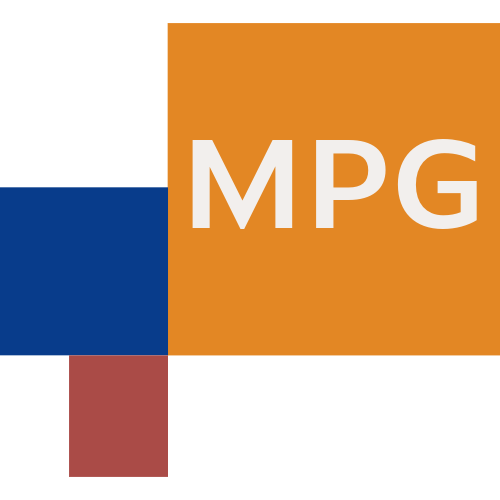menu
menu
Menu
cancel
- arrow_back_iosBacknavigate_nextpersonPersonal
- groupCommunities
- articleBlogs
- eventEvents
- sourceTemplates
- question_answerQuestions
- schoolLearning
- business_centerBusiness
- live_helpFAQ
What are the key stages involved in the policy development process, and how can policymakers ensure that each stage effectively contributes to the creation of a robust and implementable policy?
3. **In what ways do geopolitical events influence financial risk, and how can companies hedge against or mitigate the impact of such events on their financial performance?
2. **How does the concept of Value at Risk (VaR) work in assessing financial risk, and what are its limitations in predicting potential losses in a volatile market environment?
**What are the key differences between market risk, credit risk, and operational risk, and how can an organization effectively manage these different types of financial risks?
In what ways can employee oversight contribute to improved performance and compliance, and how can organizations measure its impact effectively?
How can technology, such as monitoring software or AI tools, be utilized to enhance employee oversight, and what ethical considerations should be taken into account?
What are the best practices for implementing effective employee oversight without infringing on privacy or damaging trust?
What are the best practices for preparing for an unexpected regulatory inspection to ensure compliance and minimize operational disruptions?
How do regulatory changes impact the frequency and scope of compliance inspections in highly regulated industries, such as healthcare and finance?
What are the key differences between an internal audit and an external audit, and how do organizations decide which type is more appropriate for their needs at any given time?
